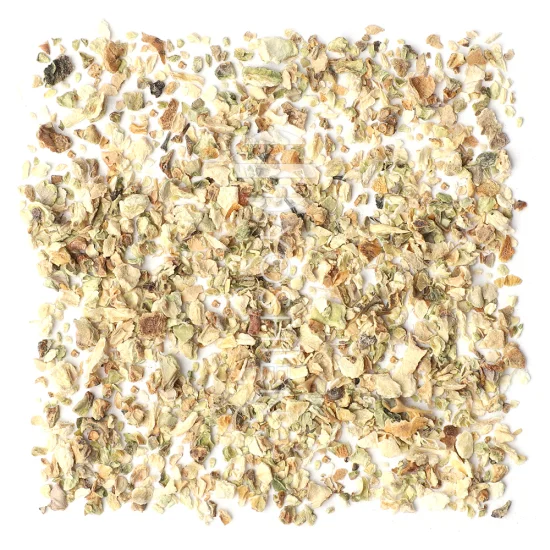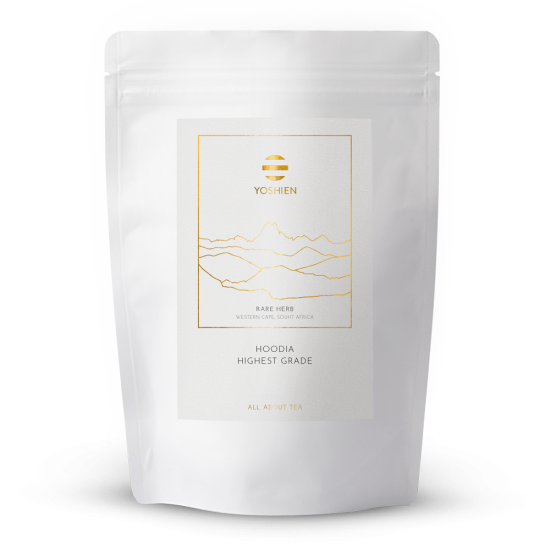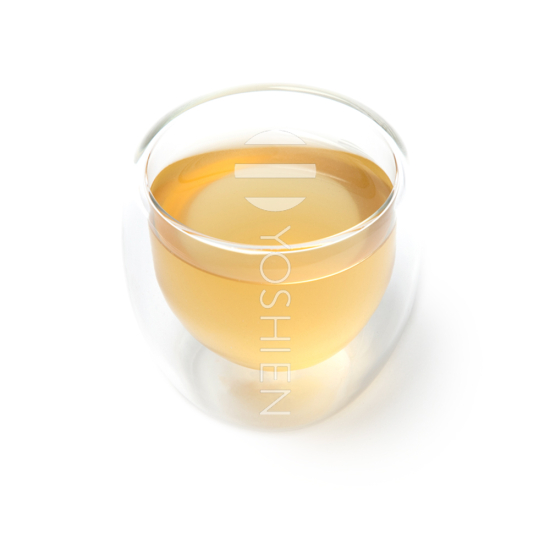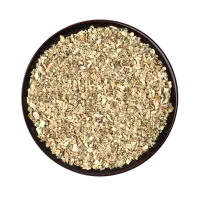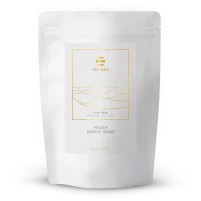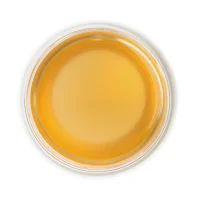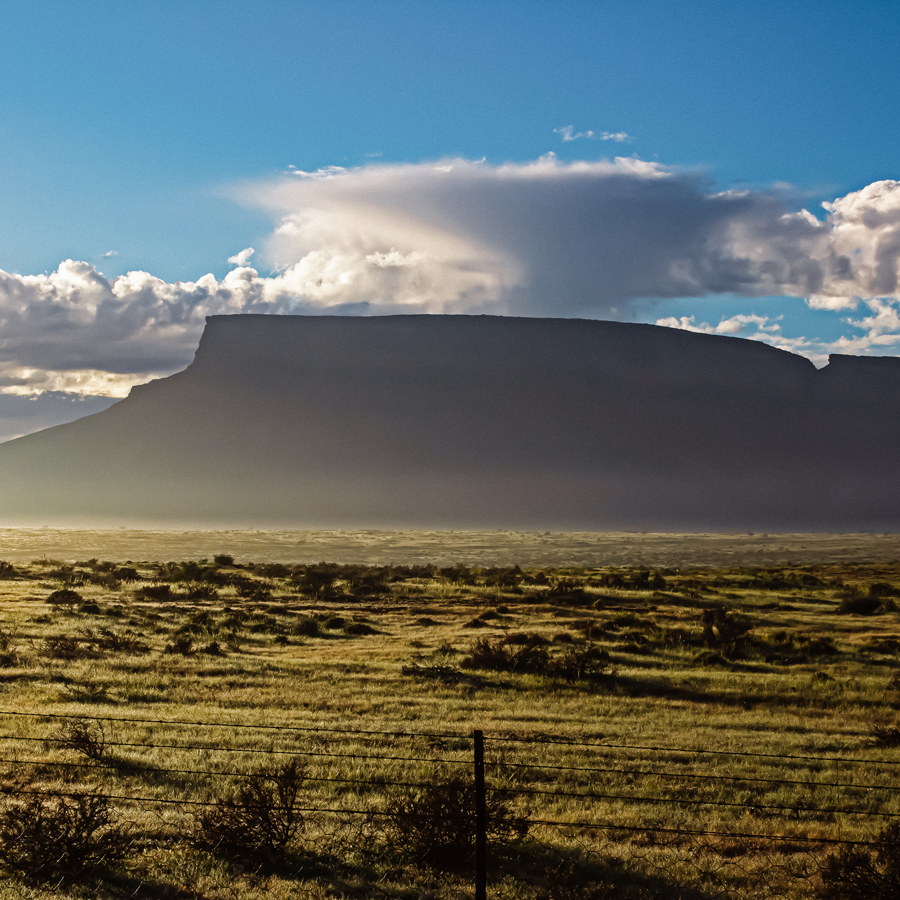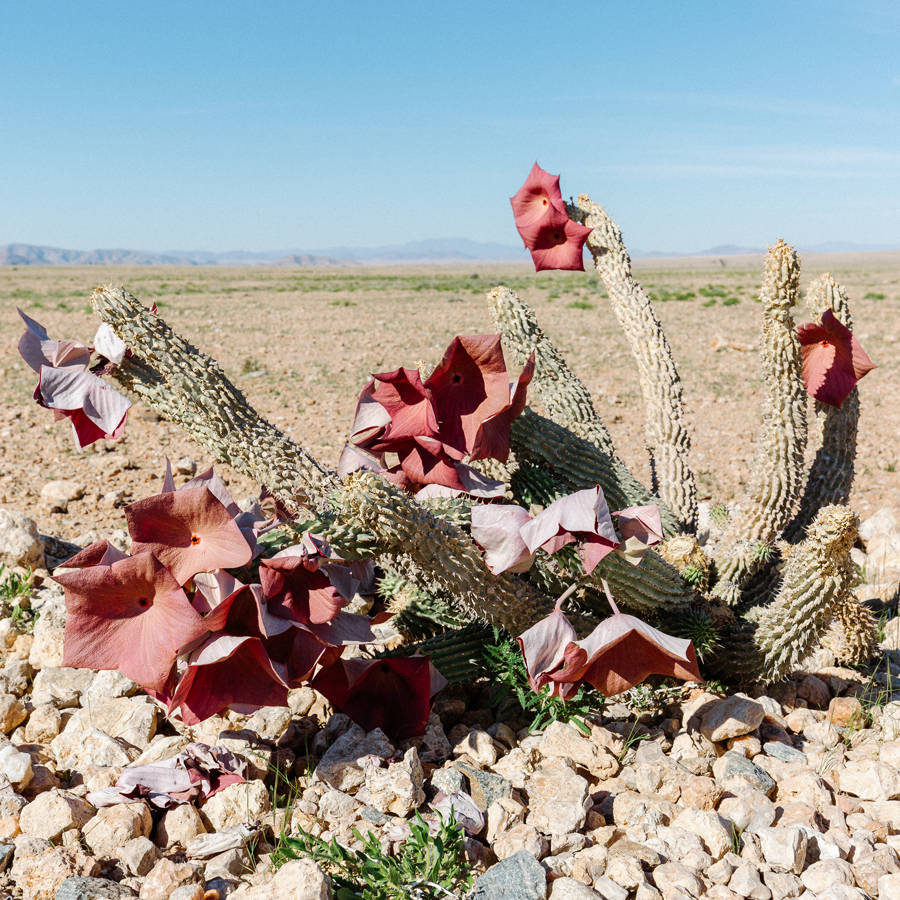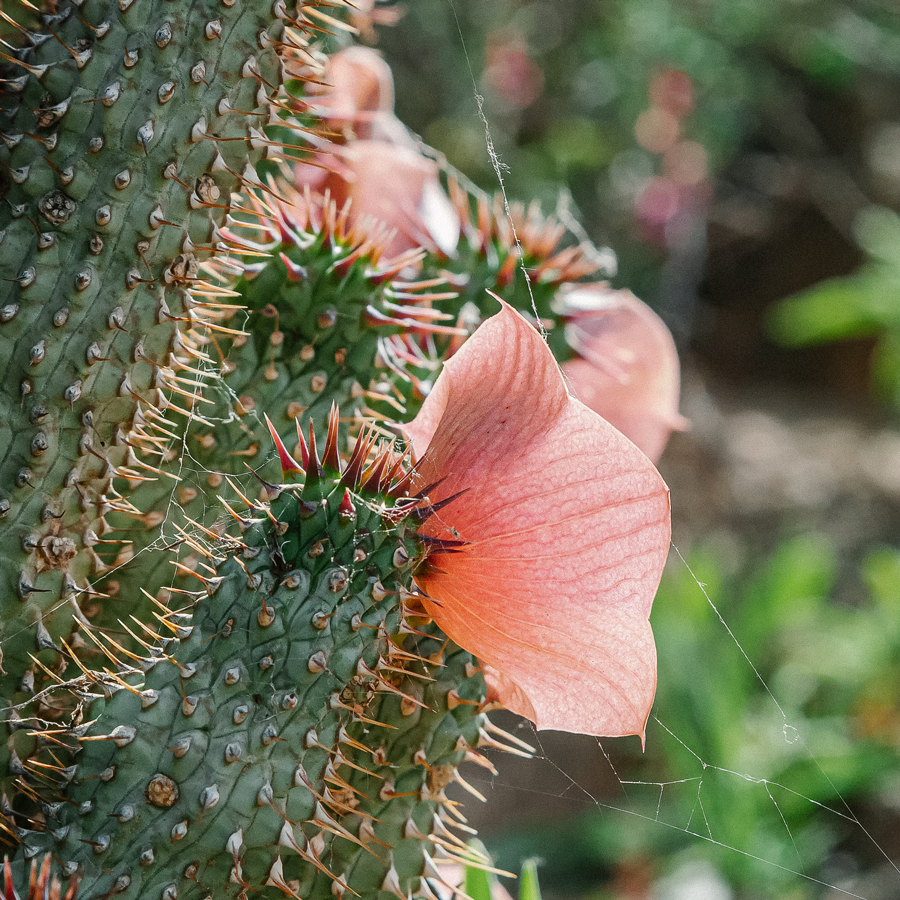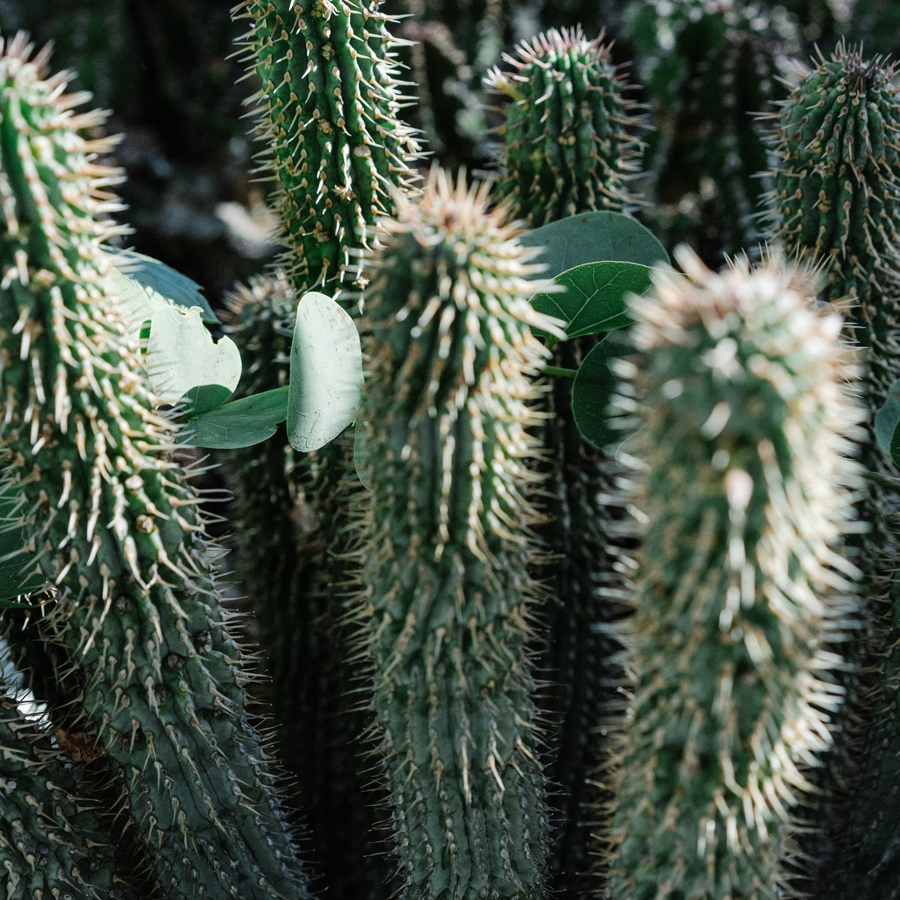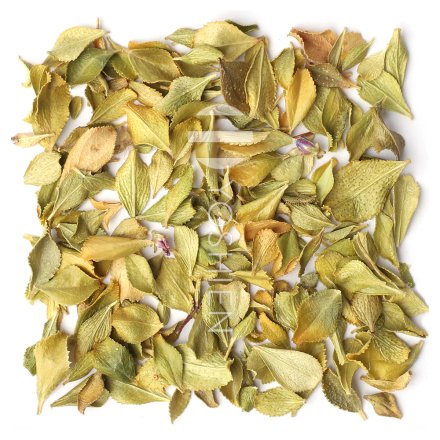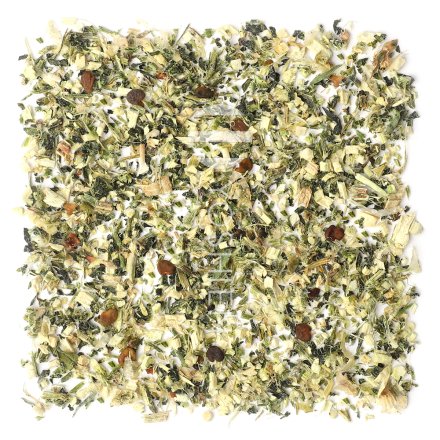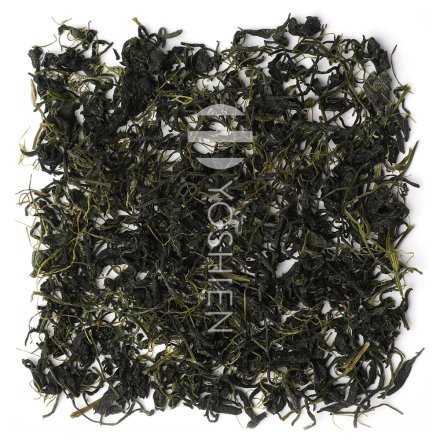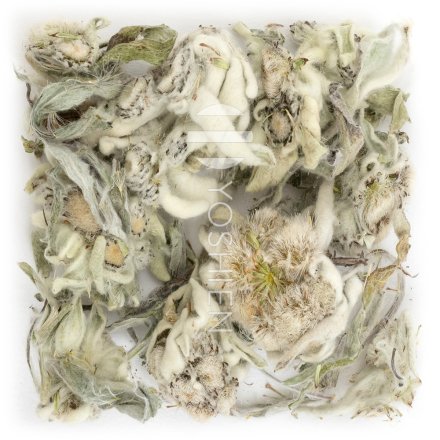The Matsikamma area, located on the southern Adriatic west coast, is home to many rare plants and animals and provides a natural sanctuary for our Hoodia to grow and thrive in peace. Succulents and animals from this part of the world are very valuable, they are often illegally harvested/captured and sold, there are several "anti-smuggeling" initiatives to prevent this trade. The South African Environmental Management Society has placed the Matsikamma under protection and thus plays a major role in the conservation of the sensitive biodiversity.
The Hoodia plant produces seeds every year in October and November. The seeds are collected, the seeds are sown in nurseries in March or April and are ready for transplanting a year later.
Once established, the hoodia plant grows rapidly; in three years the Plant reach 250 mm in height.
The plant material can be harvested only during the flower-free period and sowing, usually between April and August. No more than ten stems may be cut. One cuts only on the southern side of the plants. The northern stems protect the cuttings and help the plant to survive after harvest. The cut parts are pasteurized after sorting and drying.
Single Origin
Our Hoodia is 100% sourced from the above farm in Matsikama, South Africa.



